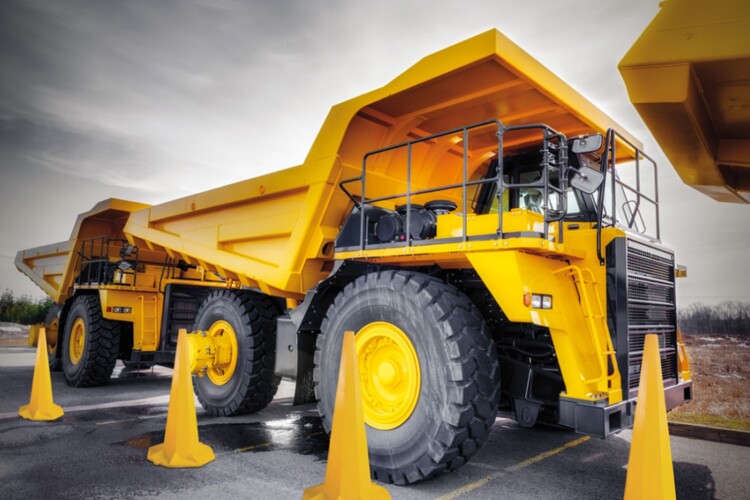The road cone has an interesting history. The concept was the brainchild of Charles Scanlon, a painter employed by the Los Angeles Street Painting Department. The road cone was patented in the early ’40s. The United Kingdom, however, was the first country to adopt the use of traffic pylons. What made the road cone so revolutionary was the design that enabled road-construction workers to finally use practical and convenient cones instead of red paraffin burners on the road. The original traffic cones were made from wood and were rather unforgiving, and the first plastic ones made their appearance in 1961 in the UK. Across the ocean in the USA, the Pacific Gas & Electric Company started with the placement of orange road-cone devices on the left front and rear corners of stationary service trucks in order to increase visibility and to warn road users that the trucks were stationary. This also increased the visibility of workers, improving safety of the company’s workers.
If wood seems like an unforgiving material to use for cones placed on the road, imagine how unforgiving the very first ones were, because they were made of concrete. As for today, the road cone is made of PVC or recycled PVC. This thermoplastic material is lightweight and as such, impact by a vehicle or person causes only very superficial scuffing to the vehicle and little or no injury to a person. In addition, the lightweight design makes it possible for a person to place a road cone without needing special equipment. Being so lightweight, road cones can easily be stacked and transported en masse. This brings us to the next interesting part of the road cone’s design. It is hollow inside and if you upturn it, it even looks like an ice cream cone. The hollow design adds to the lightweight characteristic of the traffic pylon. In addition, because it is hollow, many can be stacked. With stacking comes space saving, which is important for transportation and storage purposes.
Typical Applications
Road cones are used for applications ranging from path indication to blocking off an area such as a vehicle-accident scene. The pylons are also used to indicate a stationary vehicle, as a warning of danger, for channeling vehicles into a specific lane, indicating roadworks next to the road, and indicating a safe crossing path for pedestrians. The devices are also used to indicate an open manhole and other types of hazards. The traffic pylon must be lightweight to prevent damage to the impacting vehicle, but it must also have a sturdy base to prevent the wind from blowing it over. As such, we also provide traffic cones with heavy bases. The road cone must also be highly visible during the day, at night, and even in snowy or rainy conditions. As such, it is normally bright red, orange, or yellow and can be fitted with reflective strips to make it even more visible. Various sizes are available, depending on where the cones are to be used. At mine or construction sites where large vehicles operate, taller cones are used for better visibility to the heavy equipment operators.
Other Uses of Road Cones
The cones are often used for applications such as to lay out sport courses and to mark off public areas such as public toilets that are out of order, or to indicate hazardous conditions such as wet floors. The pylons are furthermore used at schools where specific areas are demarcated for sports or play activities. The smaller types are well suited for the above applications.
Importance of Buying from A Reputable Local Supplier
Rather than importing road cones and risk getting sub-standard quality and deviations from standardised sizes, purchase from a local supplier that is known for superior quality products. The products supplied by us meet specific industry standards and are designed to be exceptionally durable, yet cost-effective for all the above applications. Whether you refer to the cones as traffic pylons, construction cones, or witch hats, they are useful for a wide range of applications. You can also purchase delineators, water-filled yellow interlocking barriers, and other road-safety products from us. Speak to our consultants about your road-safety product application needs and get expert advice on the most appropriate products as available from Armco Superlite in South Africa.

